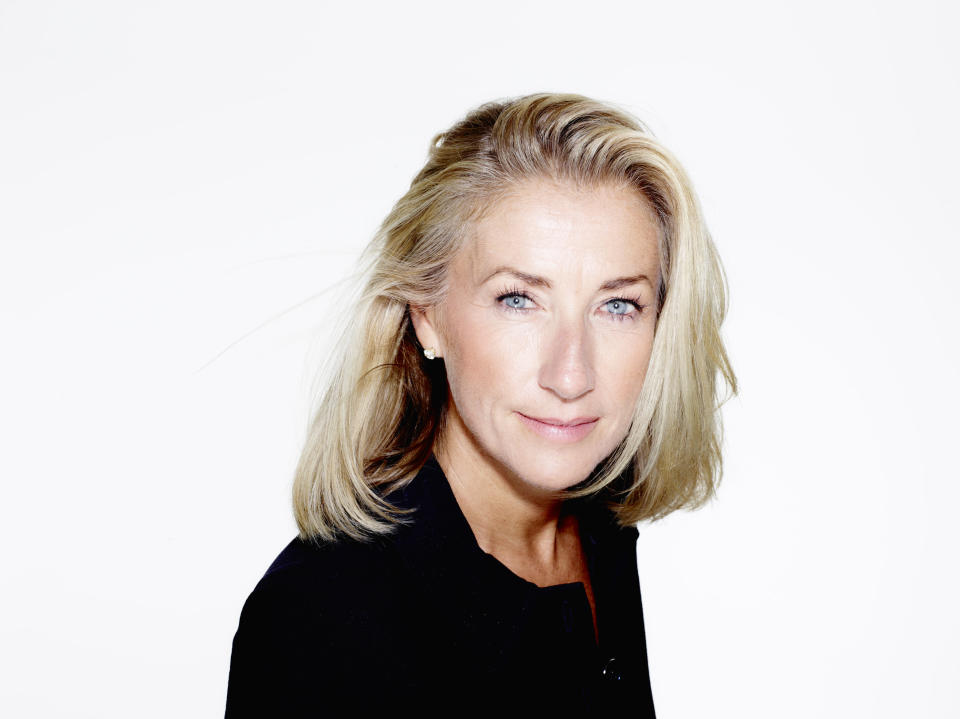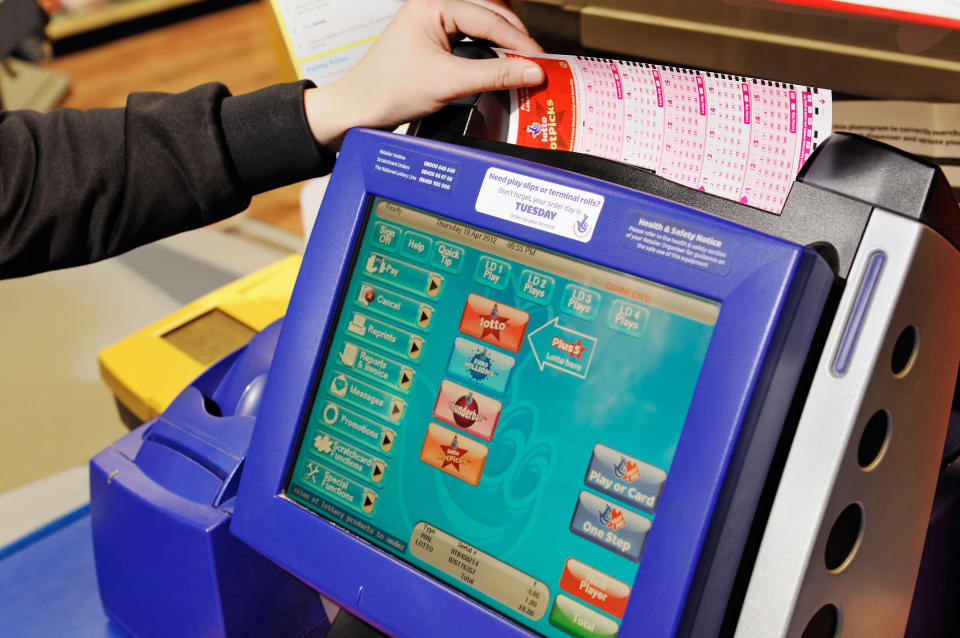Incoming National Lottery firm says plans for new games delayed until 2025
The incoming operator of the National Lottery has admitted plans for new draw-based games have been delayed until 2025 after its handover has been hampered by legal wrangling.
Allwyn’s recently-appointed UK boss Andria Vidler told the PA news agency that the group will not be able to make any of the bigger changes it had pledged to introduce until next year.
The group also said that delays to the new games it had hoped to introduce in 2024 will impact sales and hold back the amount of money it can give to good causes in the early part of its 10-year licence.

It comes as Allwyn prepares to take on the next 10-year licence to run the lottery on February 1, replacing Camelot.
Ms Vidler, who took the helm at Allwyn’s UK business last October, said the group is trying to ensure that money for good causes will not go “backwards” this year, but that this funding is directly affected by sales growth.
She said players would not notice any “Big Bang changes” from day one, adding that the delays to new games were a “consequence of the legal issues”.
It follows delays to a planned switchover to a new technology provider after Allwyn agreed to extend the contract for existing supplier, International Games Technology (IGT).
IGT had challenged the Gambling Commission’s decision to award Allwyn the 10-year licence in court, but later dropped the legal action.
There was also an intense legal battle with outgoing operator Camelot over the Commission’s decision to award the licence to Allwyn, which was finally settled in February last year when Allwyn bought Camelot, although the two companies have since been continuing to operate separately.
Ms Vidler told PA: “Until all of these big challenges were resolved, we couldn’t get going.
“The challenges delayed the final award of the licence to Allwyn, which shortened the transition period.”
The handover on February 1 marks the first time the lottery has changed hands since it was launched nearly 30 years ago.
It will also see Allwyn take control of what is the UK’s largest distributor of charity funds.
Allwyn’s winning bid saw it vow to revamp the lottery with new games and draws, increasing sales and money for good causes and pledging to eventually double this funding by the end of the 10-year licence.
Ms Vidler said the firm was still committed to its long-term goal to double money for good causes, but that it was set to fall short of early years targets.
Its original promise to halve the price of a lottery ticket from £2 to £1 is also under review.
On the delays to its plans, Ms Vidler said: “Of course, Allwyn as a group is disappointed.”
“There’s been a lot of frustration with constant delays, but collectively we have got 10 years, it’s not something that will happen week one or day one.”
Ms Vidler, a former boss of music label EMI in the UK and Ireland and an ex board director at William Hill owner 888, said players would see gradual changes put in place over the next year, including new scratch cards and a marketing push surrounding the games, with a new Lotto ad campaign from February.
It will also introduce limits on how many scratch cards can be bought in shops and online.
Players will not be able to buy more than 10 at any one time online from February 1, with limits bring brought in across retailers later in the year, in a bid to “limit vulnerable people from over-indulging”, said Ms Vidler.

There will also be an overhaul of some of the lottery’s retail in-store kit over the year ahead, with plans to launch a trial with a small number of retailers in February.
It will then roll out the new-look kit to around 50 stores by the end of March before extending it to all of its estate of more than 40,000 retail partners in the autumn.
The group’s marketing campaign will initially focus on the individual draw-based games, while it is also looking to launch new scratch card initiatives, tapping into the trend to give these as gifts.
Ms Vidler said Allwyn has been looking to international markets for inspiration, with aims to launch new products, such as scratch card advent calendars, which are sold in the Netherlands, largely as corporate gifts for businesses.
“In year one, there will be incremental changes every month, so that by the time all the tech transition has completed, there will be a lot more that’s visible,” she said.

 Yahoo News
Yahoo News 
